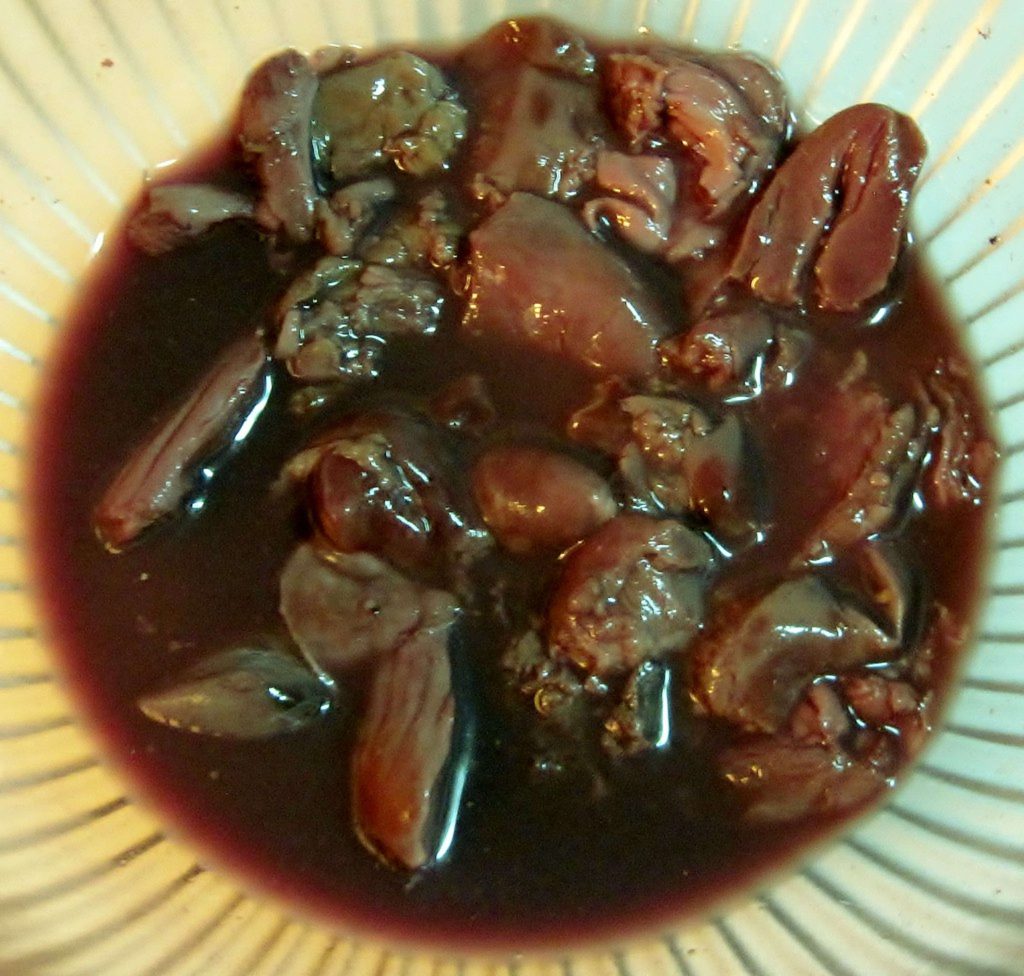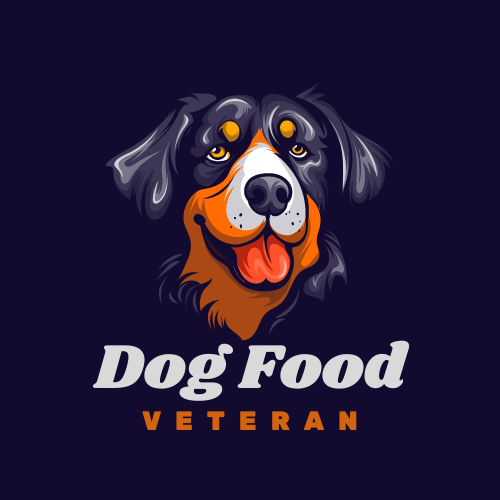The short answer is yes. However, it’s not that simple because there are certain things to consider as you’ll see when you continue reading.

Can I Feed My Dog Cooked Turkey Giblets?
Yes, cooked turkey giblets, including the heart, gizzard, and liver, are perfectly safe and even beneficial for dogs because the cooking process eliminates harmful microbes, making them a wholesome treat. As a plus, turkey giblets are also packed with valuable nutrients like proteins, iron, and vitamins B and A.
However, feeding them moderate amounts of this treat like 2-3 small once or twice weekly is exactly what I recommend.
Can my dogs eat raw turkey giblets?
That’s a big no because raw giblets harbor a lot of nasty microorganisms such as salmonella, E. coli, and other dangerous bacteria that can cause gastrointestinal illness in your dogs. Moreover, one look at the odd shape and texture of raw giblets will tell you that they can choke your dogs if they feed on them.
Just in case you want to know the reason raw turkey giblets are bad for your dogs, it’s simple. Our furry friends lack the acidic stomachs that humans have to get rid of harmful pathogens. This is why I advise cooking turkey giblets thoroughly to get rid of the pathogens before serving them to your pet.
Which turkey parts are safe for my dog?
Here’s a look at the healthiest part of the delicious white meat you can offer your dog:
Turkey as a source of protein for dogs
First of all, turkey is one of the best sources of lean protein for your pooch when you cook them well. It’s a white meat that’s easy to digest and contains less fat than red meat. As long as you serve your dog moderate amounts, it can make up their balanced diet, give them energy, and help maintain muscle.
The safest parts of a turkey
If you plan to feed this delicious meat to your pet, you should know the safest parts to serve them:
- The white flesh: This is the leanest part of the turkey with less fat and seasonings making it a healthy choice.
- Thigh: The meat in the bird’s thigh is richer and easy for your pup to digest. However, you need to be careful of bones so they don’t splinter and choke your dogs or block their intestines.
- Skin/Fat: Small amounts of this provide flavor and vitamins for your pup
- Giblets: Internal organs like the heart, gizzards, and liver provide a good dose of nutrients
The most dangerous parts of turkey
While turkey is a great source of lean protein for your dogs, you should steer clear of some parts because of safety and digestive reasons:
- Turkey bones: Any bone, whether it’s from the legs, wings, or even the rib cage or vertebrae, can easily splinter and either choke your pooch or cause internal punctures.
- Excess turkey skin: This part can trigger acute pancreatitis, resulting in vomiting, diarrhea, and abdominal discomfort in your dogs. If you want to add this part to their diet, please limit it to ounce-sized portions.
- Stuffing/dressing: This often contains onion, garlic, chives, and leeks, all of which can damage your dog’s red blood cells and cause anemia. Plus, the fats in the stuffing can also trigger digestive problems in your dogs.
- Gravy or turkey sauce: Just like the dressing, this is completely unnecessary because it does nothing but lead to pancreatitis.
How to cook turkey giblets for your dogs
If you want to give your dogs a delicious treat without compromising their health, follow these tips:
- Go for fresh, high-quality turkey giblets like the heart, gizzard, and liver from your butcher.
- Please make sure you clean the giblets by rinsing them under running water and removing any dangling fat or membranes
- Use methods like boiling, simmering, or baking at 350°F for 15-20 minutes or until they’re well cooked.
- Allow the cooked giblets to cool to a safe temperature before chopping them into small pieces for your dog.
- Season the giblets lightly with safe flavors or serve them plain.
Final words
To sum up everything I’ve said in this guide; Your pup can enjoy giblets as long as you cook them well and practice moderation.
On the flip side, raw giblets can harbor bacteria and choke your dogs, so those are off-limits. As for the meat, feed your pooch the lean cooked white and dark turkey to give them protein and avoid dangerous parts like bones, fatty skin, gravy, and stuffing.
Lastly, talk to your vet about the right portions for your pup so you don’t overfeed them.
Read More: Can Dogs Eat Turkey Bacon? A Safe Treat Guide for Dog Owners

